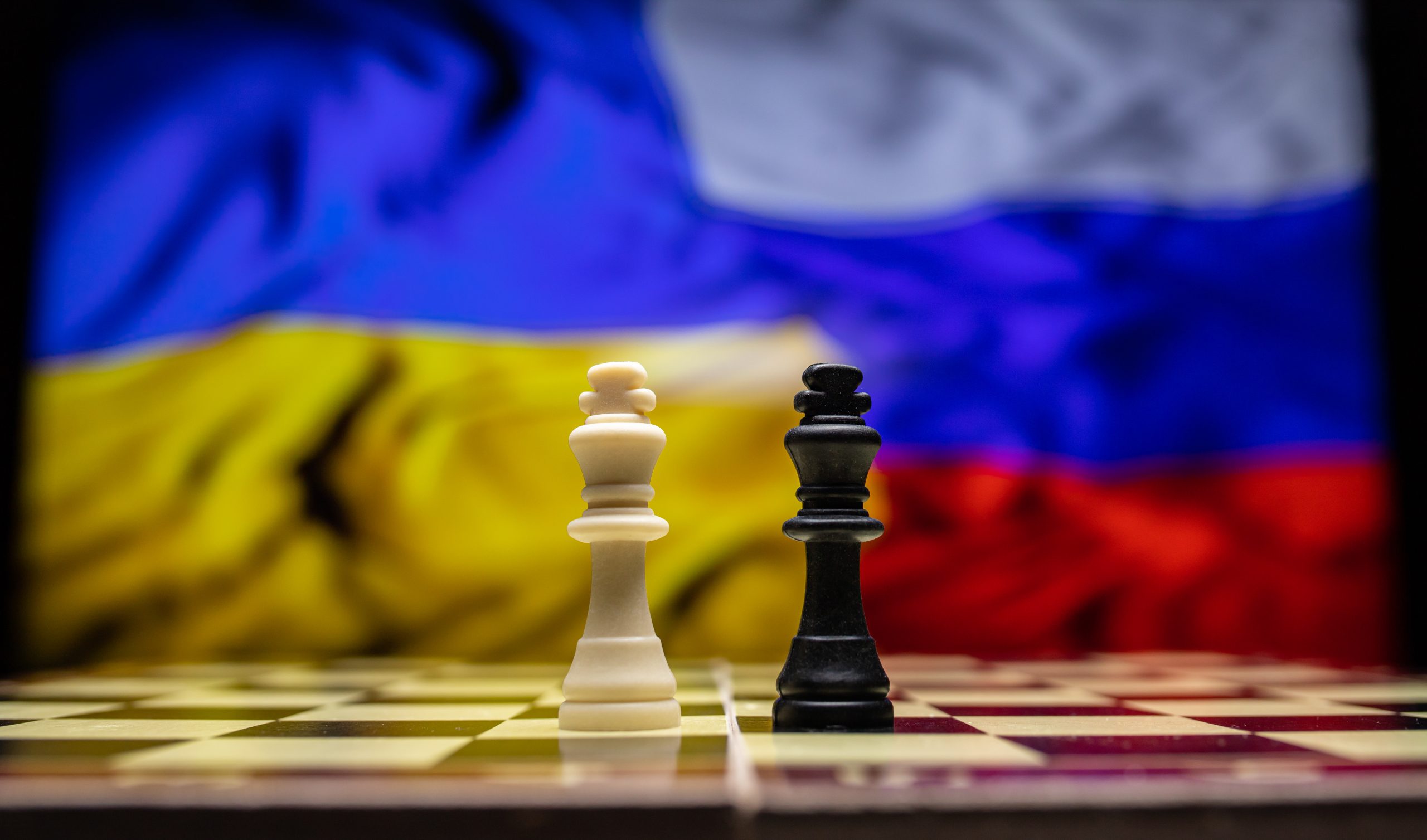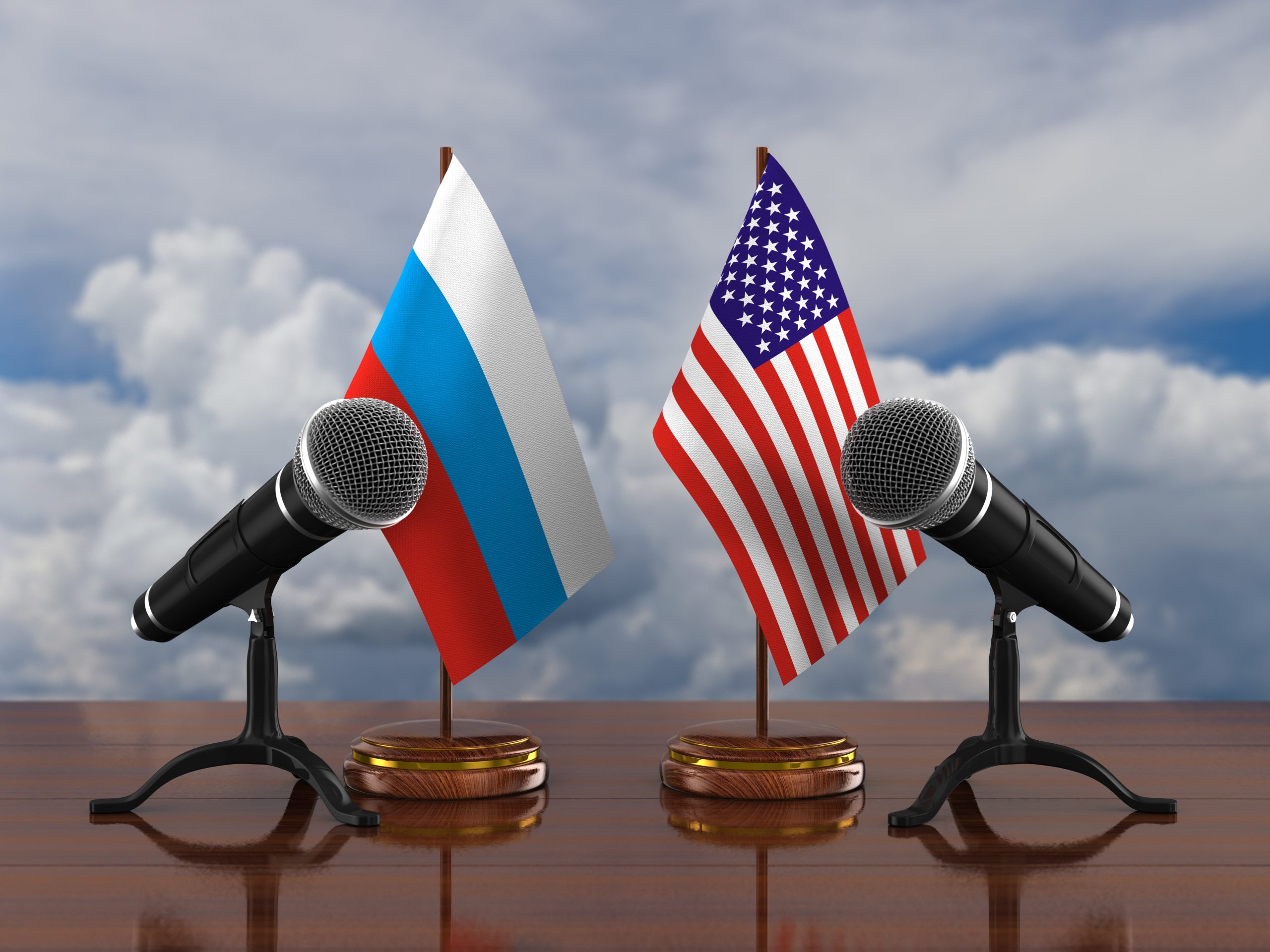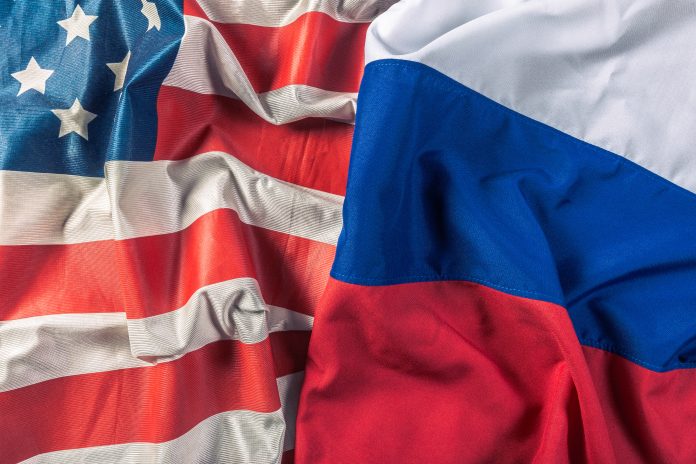• The global community is witness to a sharp division between the pro and anti-Russian crusades for the way Moscow has gone about its conflict with Ukraine. Severe disruptions to the global supply chains have had a cascading effect on every country and distressingly, there seem to be no signs of relief either in the foreseeable future. The USA-led sanctions against Russia have yielded little result vis-à-vis curbing Moscow from aggressively pursuing its agenda. Going by the statistics made available, Russia has succeeded in diverting its energy and crude oil resources to other viable options including India and Russia thus offsetting crippling sanctions. Despite the European Union and the USA upping the ante against Russia, nothing palpable can be expected in the interim.

PC: Freepik
• The Indian position has not seen any changes either since the start of the conflict. The Indian leadership is urging both sides to stop the war and sit across the table to start peace talks keeping in mind the larger interests of the global community. Against this backdrop, the Indian presidentship of G20 assumes greater importance to not only utilize the opportunity to showcase our global leadership skills but also make use of the platform to gain traction and heft among the leading countries. Diplomacy is not a cakewalk, you see. Thus, an eventful G20 foreign ministers summit ended in New Delhi recently albeit without a joint communique because of irreconcilable differences between member-states on the Russia-Ukraine war.
• Mind you, neither the absence of a communique nor the unsettled nature of contemporary geopolitics is a reflection of multilateralism, which cannot always find a ready solution for deep-seated disputes. But it does provide opportunities to de-escalate and open the door to durable outcomes. The Delhi summit did just that through meetings on the sidelines such as the ones between the US and Russia, and between Jaishankar and his Chinese counterpart Qin Gang. Looking at what External Affairs Minister suggested about the bilateral ties with China as abnormal makes imminent sense. Fatalities at Galwan in 2020 marked a turning point and China’s attempts to paper over the issue or adopt an intransigent posture in talks don’t help.

PC: Freepik
• Sensibly, India avoided a knee-jerk approach to trade in its reset of the bilateral relationship. Note that trade is dominated by supply chains that split production across countries. Consequently, looking at bilateral trade deficits in isolation is meaningless. Of course, the tighter integration among Quad members should continue irrespective of China’s intransigent objections. As the Quad joint statement pointed out, a rules-based international order encompasses respect for territorial integrity. Indeed, it can no longer be business as usual with China. Ultimately, a joint statement or not, a forum such as G20 allows India to get the message across.






